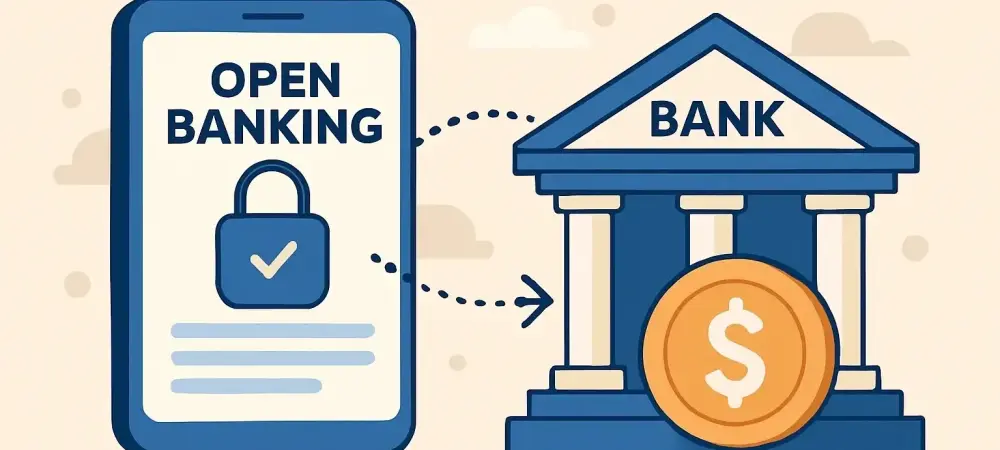In today’s fast-paced world, the demand for more affordable and secure payment systems has never been more vital, particularly as businesses grapple with the limitations of traditional methods. A recent survey highlighted that a significant 77% of merchants are troubled by transaction fees when choosing payment methods. Furthermore, the risk of fraud and concerns over data breaches remain paramount, affecting both business strategies and consumer confidence. These insights set the stage for understanding the rising trend of open banking solutions, a transformative approach reshaping financial transactions.
Adoption and Growth Trends in Open Banking
Open Banking Adoption: Data and Statistics
Over recent years, open banking has witnessed remarkable adoption and expansion. Merchant and consumer interest has surged, with notable growth statistics underscoring this trend. Recent analysis reports indicate that, despite historic hesitations, some 40% of merchants are now actively considering open banking solutions due to their enticing proposition of reduced costs and heightened security. This shift is prompted by dissatisfaction with traditional transaction methods and is expected to accelerate moving forward.
Real-World Applications and Success Stories
Numerous companies have successfully harnessed open banking, illustrating its wide-ranging applicability. Case studies reveal businesses that have embraced open banking to streamline operations and enhance customer experiences. For example, enterprises that once struggled with chargeback disputes now find transactions smoother and more secure, with fewer complications. These stories serve as exemplars of open banking’s potential to revolutionize payment processes, highlighting tangible benefits in both profitability and customer satisfaction.
Expert Insights and Industry Perspectives
Insights from key industry figures provide a deeper understanding of open banking’s landscape. Experts, including Stefano Vaccino and Nicole Green, argue that aligning open banking’s value with consumer expectations is crucial. Overcoming challenges such as consumer education and establishing trust in new systems is paramount. Opportunities abound as businesses explore this shift, with prospects for lower costs and improved security already becoming evident. Industry leaders also emphasize that the execution of an effective consumer protection model is essential for gaining broader acceptance. The balance between innovation and consumer safety is delicate but necessary, ensuring that the transition to open banking enhances confidence rather than diminishes it. This perspective reinforces the need for robust systems that address both current concerns and future opportunities.
Future Prospects and Implications
With evolving economic landscapes, the future of open banking payment solutions holds promising developments. Innovations are expected to focus on further refining security mechanisms, providing even greater benefits for both merchants and consumers. While increased adoption may bring challenges, particularly in regulation and oversight, the broader implications across various industries foresee a more transparent and fair financial ecosystem. As open banking continues to establish itself as a viable alternative, sectors beyond finance, such as retail and technology, stand to gain significant advantages. The integration of these solutions is anticipated to drive efficiency and enhance service delivery, forging new pathways for growth and innovation.
Conclusion and Call to Action
Throughout the discussion, it becomes clear that open banking payment solutions offer vital opportunities to address long-standing challenges within financial transactions. The embrace of this innovative approach stands to realign traditional methods by providing businesses and consumers with safer and more cost-effective solutions. Looking forward, industry stakeholders are encouraged to explore ways to integrate these advancements seamlessly, preparing for a future wherein open banking plays a central role in transforming the way financial interactions occur. As these developments unfold, it is essential for all parties to actively engage in dialogue and collaboration, ensuring that the benefits of open banking are realized to their fullest potential.

